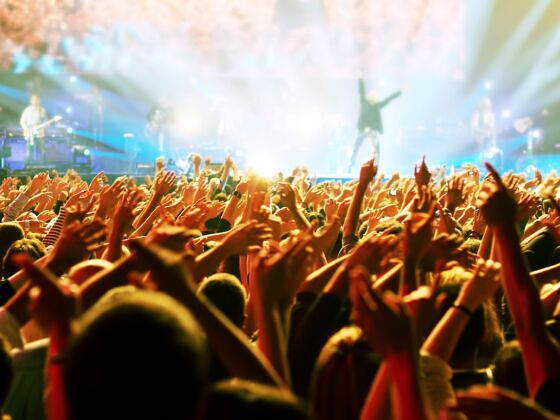In the wake of the recent Astroworld music festival tragedy, concert safety is more important than ever. The Astroworld incident resulted from a crowd surge towards the stage which violently crushed people against each other. Ten died at the concert, 25 were hospitalized, and over 300 were treated for injuries, while a shocked public was left wondering: how did something like this happen? Unfortunately, it wasn’t the first time. In the past 50 years, there have over 10 concert incidents wherein five or more people were killed.
Staying safe at a concert goes beyond simple common sense. Between the excitement of seeing a live performance, the thrill of being there with friends, and whatever substances may be consumed, it’s easy to forget that concerts — like any densely crowded event — can be high-risk environments.
There are several precautions you can take to stay safe and enjoy the show worry-free. We talked to a range of experts, from concert videographers to body language experts, for their concert safety tips.
